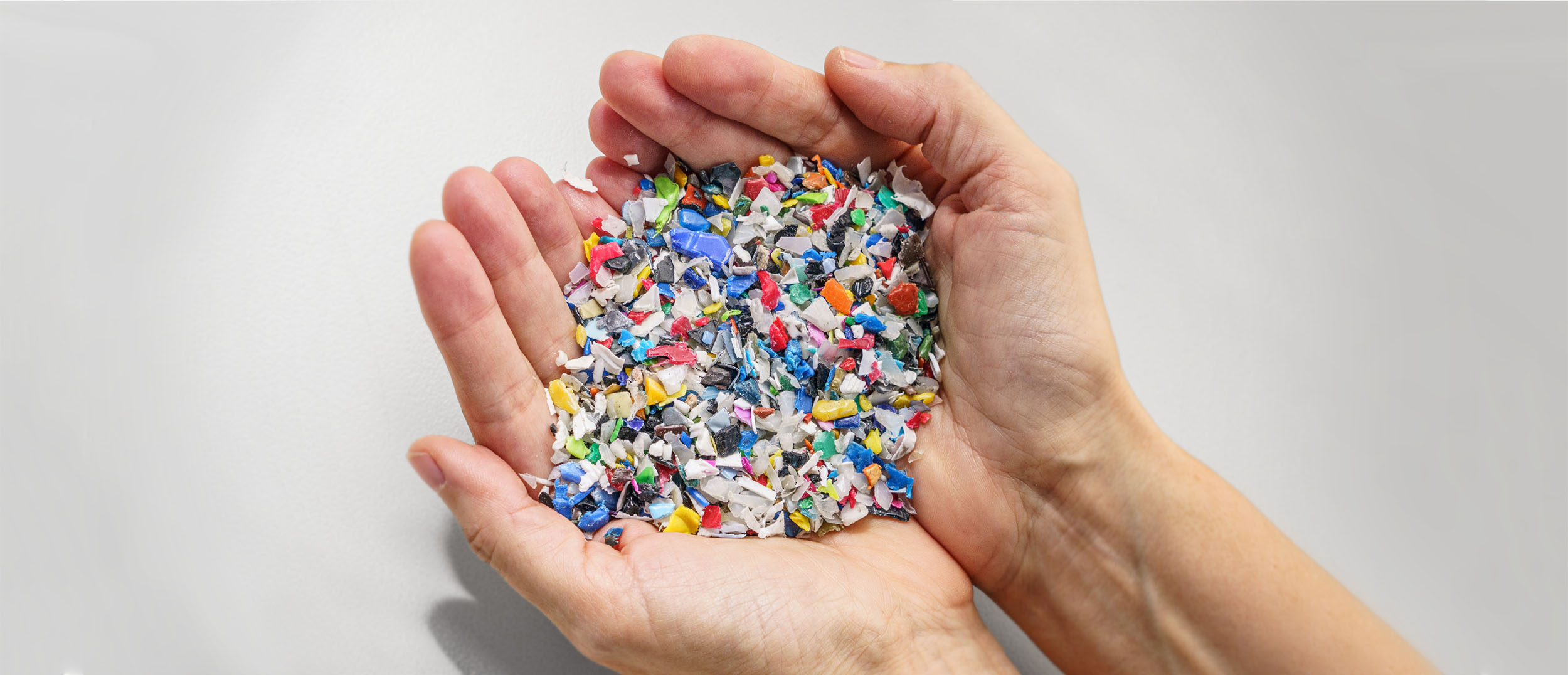Prof. Längle, what is the link between the technologies found in the inspection and optronic systems business unit and climate protection?
Thomas Längle: Our skills in bulk material sorting have already been used in recycling for many years. It doesn’t matter whether the material is used glass, construction waste or plastic – separating the different substances as effectively as possible is a key prerequisite when it comes to producing high-quality recyclates. With regard to plastics in particular, we need to do much better in terms of recycling if we are going to achieve the general target of climate neutrality by 2050. According to current estimates, around 50 million tons of CO2 are produced as part of the plastics value chain in Germany alone each year – the majority of which is down to the fact that a good half of all used plastic is simply sent for thermal recycling, i.e., burnt. Not only would other recycling methods be more sustainable, they are also becoming more and more attractive from an economic point of view as a result of CO2 pricing.
 Fraunhofer Institute of Optronics, System Technologies and Image Exploitation IOSB
Fraunhofer Institute of Optronics, System Technologies and Image Exploitation IOSB 